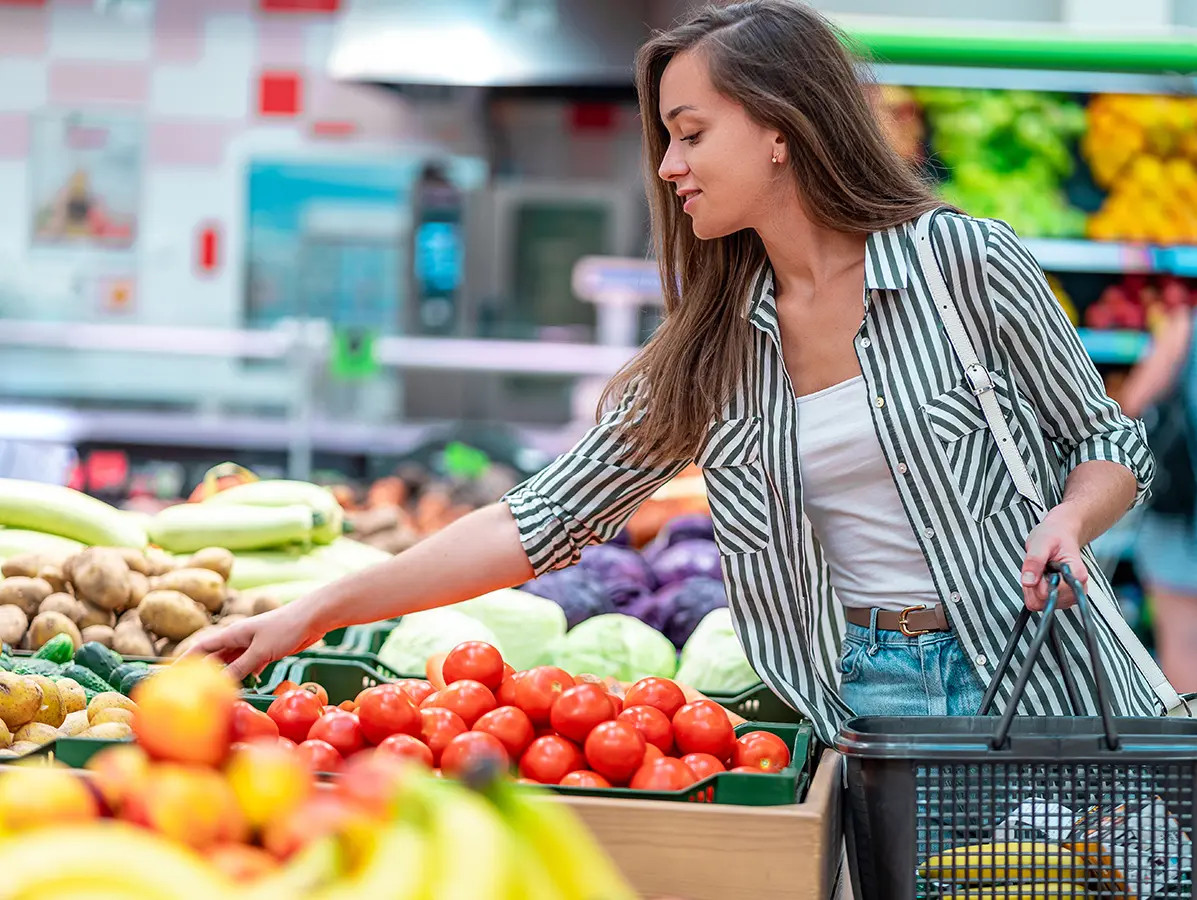
The number of overweight people in the Netherlands is rising rapidly. According to calculations by the RIVM, by 2050, as many as 64% of the population will be overweight. At the same time, 79% of the current food supply in supermarkets falls outside the Schijf van Vijf guidelines. The Council for Public Health & Society sees this as a major public health risk and is therefore advising the government to introduce financial incentives. Supermarkets would be rewarded for promoting healthy products and potentially penalised for prioritising unhealthy options.
Supermarkets play a crucial role in consumer eating habits. After all, two-thirds of our food is purchased in supermarkets. By giving healthy products a more prominent place on the shelves, consumers are encouraged to make better choices. This also motivates manufacturers to develop and market healthier products. The Council proposes a so-called bonus-malus system, where supermarkets are rewarded or penalised based on their sales of healthy food products.
Effective implementation of the system requires clear guidelines. Currently, supermarkets report healthy food sales in various ways, such as using the Schijf van Vijf or Nutri-Score labels. The Council recommends establishing a single national standard and implementing structural reporting. It also calls for a careful, phased introduction of the system. In the long term, the plan should be extended to all food providers, including fast-food outlets, restaurants, and catering companies. This approach aims to improve the health of all consumers and make the most of the expertise and influence of all key players.
Source: Raad voor Volksgezondheid & Samenleving